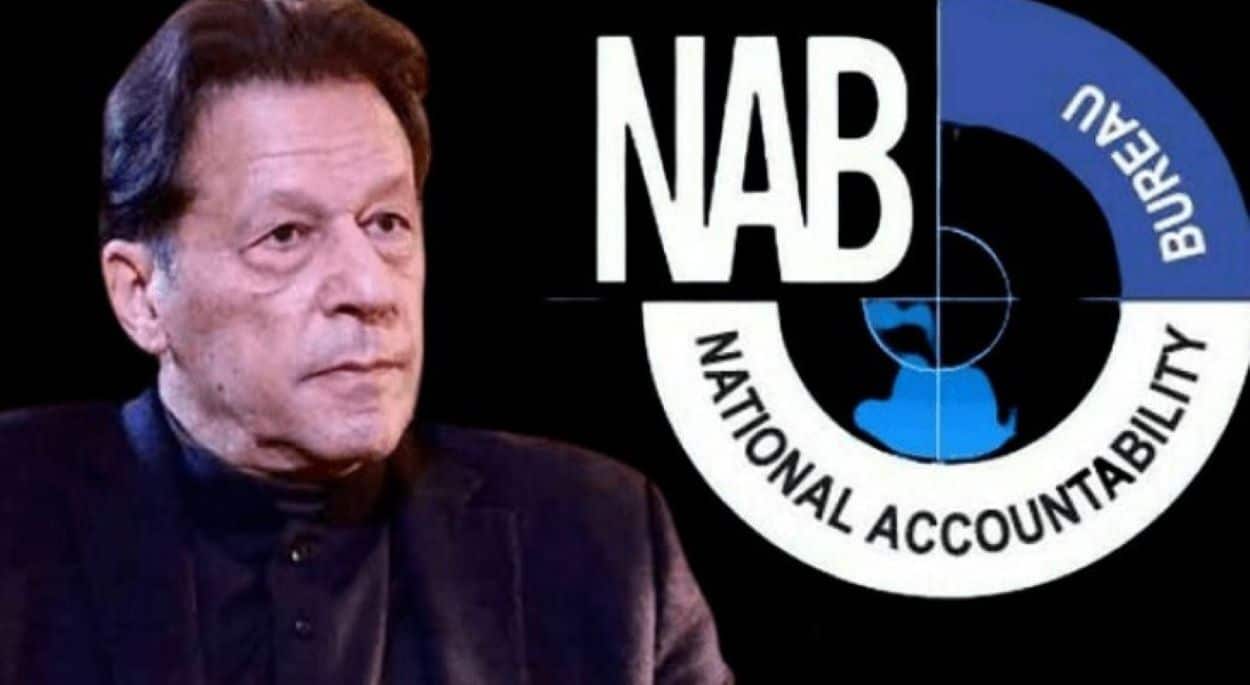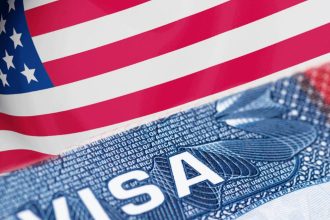Recently uncovered documents suggest that former Prime Minister Imran Khan’s government directly facilitated a £190 million repatriation settlement with a property tycoon, stirring significant controversy.
Mirza Shahzad Akbar, who previously led the Asset Recovery Unit (ARU), signed a confidentiality agreement revealing the government’s commitment to keeping the arrangement secret.
This revelation surfaced as part of the Framework Agreement, where the government committed to secrecy unless legally compelled to disclose details. Such confidentiality has raised eyebrows, particularly given the magnitude of the settlement and the high-profile individuals involved.
Throughout his tenure, Khan and his accountability chief Akbar repeatedly refuted any government involvement in the settlement handled by the UK’s National Crime Agency (NCA). They maintained that the dealings were solely between the NCA and the property tycoon, distancing themselves from any direct interaction.
Read: Imran Khan and Bushra Bibi Convicted in £190 Million Corruption Case
However, the confidentiality deed suggests otherwise. It outlines specific provisions where the Government of Pakistan agreed not to release any information about the Framework Agreement without consent from all parties involved. This clause has led to scepticism about the actual transparency and independence of the proceedings, contradicting the public statements made by Khan and Akbar.
Moreover, the deed includes clauses that allow the government some leeway to disclose information if required by law or to protect its interests in legal matters, highlighting the complexity and sensitivity of the information it guarded.
Interestingly, Khan’s government enabled the property tycoon to travel internationally, even with restrictions from being on the Exit Control List (ECL). Records indicate that from 2019 to 2022, the government permitted the tycoon numerous trips abroad, coinciding with crucial phases of the NCA’s investigation.
These developments suggest that the government may be more deeply involved in the settlement than previously acknowledged, challenging Khan’s narrative and raising significant legal and ethical questions.






